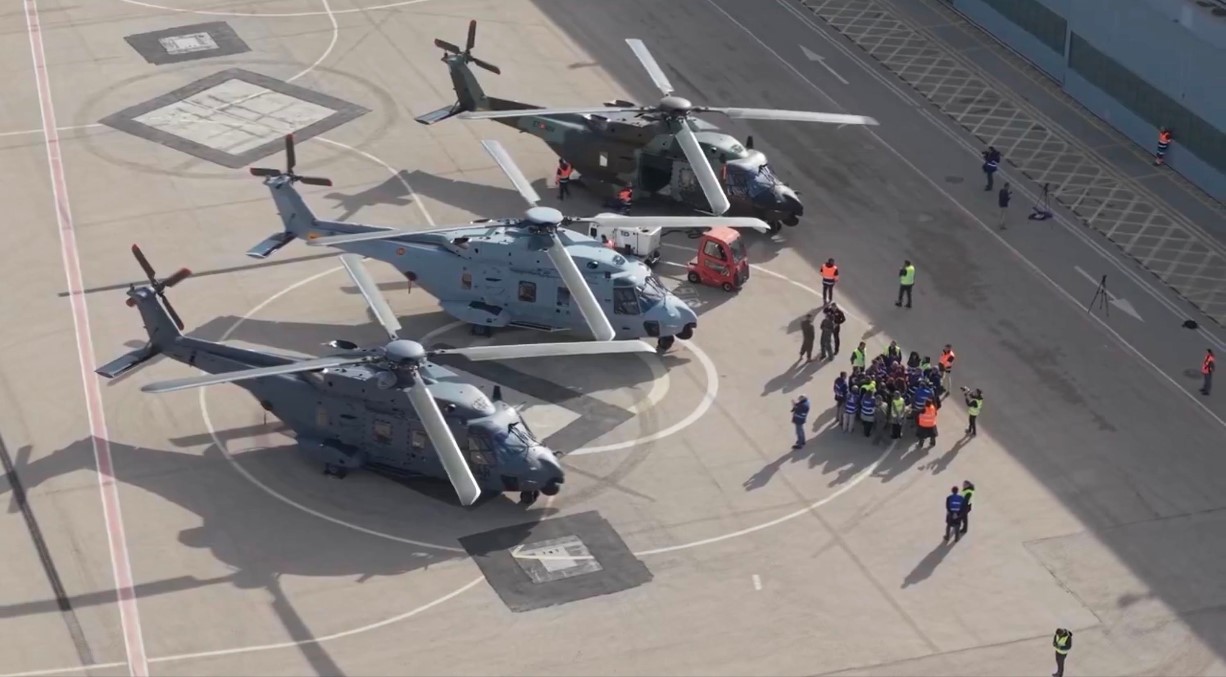Israeli Strikes 40 Sites in Lebanon, Claims Half of Hezbollah Commanders Eliminated

Israel
Israeli Strikes 40 Sites in Lebanon, Claims Half of Hezbollah Commanders Eliminated
In a recent escalation of tensions between Israel and Hezbollah, Israeli Defense Minister Yoav Gallant announced on Wednesday that Israeli forces have been conducting offensive action across southern Lebanon. While specifics regarding ground troop movements were not disclosed, Gallant stated that IDF (Israeli Defense Forces) operations have targeted Hezbollah militants, claiming the elimination of "half of Hezbollah's commanders in southern Lebanon" over recent months.
The Israeli military, in a separate statement, reported striking approximately 40 Hezbollah targets in southern Lebanon, including storage facilities and weapon caches around the area of Aita al-Shaab. The IDF asserted that Hezbollah had established numerous terror infrastructures in the region, posing a threat to Israel's security.
Lebanon's National News Agency confirmed Israeli airstrikes, reporting more than 13 strikes near Aita al-Shaab and surrounding villages. This exchange of fire follows Hezbollah's firing of Katyusha rockets into a northern Israeli border village, purportedly in response to Israeli airstrikes that resulted in civilian casualties.
The recent violence adds to the ongoing cross-border exchanges between Israel and Hezbollah since Hamas' attack on Israel in Gaza on October 7th. According to AFP tallies, the conflict has claimed the lives of at least 380 individuals in Lebanon, primarily Hezbollah fighters, and 72 civilians. Israel has reported the deaths of 11 soldiers and eight civilians on its side of the border.
In parallel developments, Israel's military has reportedly prepared for an operation to take Rafah, considered the last Hamas stronghold in the Gaza Strip. Civilians in northern Gaza have been fleeing their homes once again, citing intense Israeli bombardment reminiscent of the conflict's outset.
The recent events underscore the volatility of the region and the complex dynamics between Israel, Hezbollah, and other militant groups. The escalation in southern Lebanon raises concerns about the potential for further violence and the need for diplomatic efforts to de-escalate tensions and prevent civilian casualties on both sides of the border.


